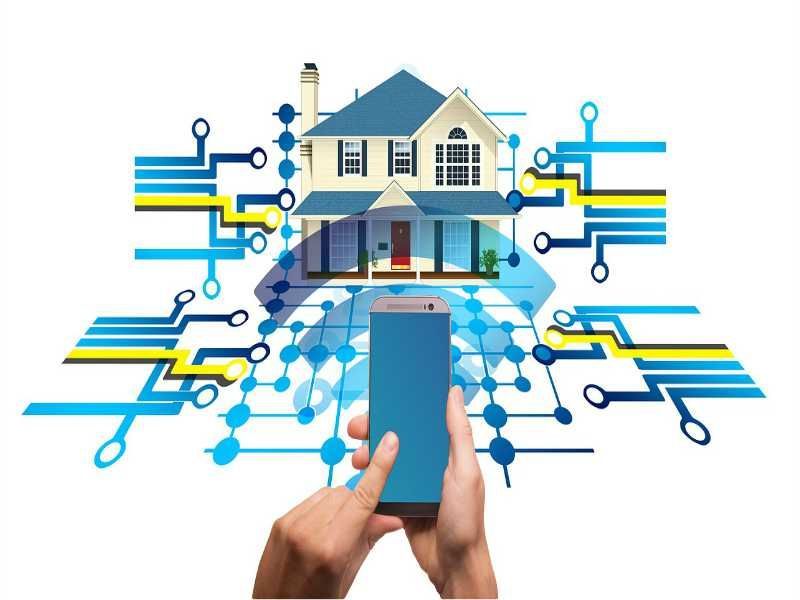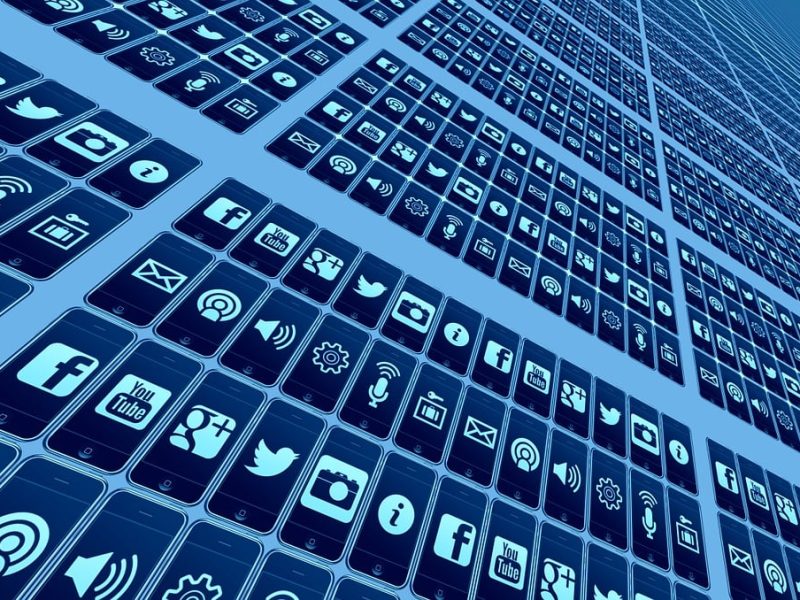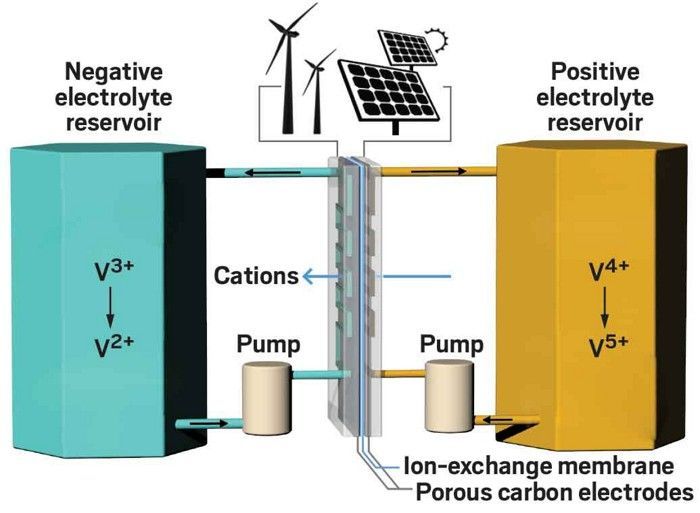With advancements in technology, the concept of smart homes has become increasingly popular. Smart homes are equipped with devices and systems that can be controlled remotely and automate tasks, making them more convenient for homeowners. But beyond convenience, smart homes also play a crucial role in promoting energy efficiency.
Energy Monitoring and Management
One of the key features of smart homes is the ability to monitor and manage energy consumption. Smart devices such as thermostats, lighting systems, and appliances can be connected to a central hub, allowing homeowners to track their energy usage in real-time. This data can help homeowners identify patterns of energy consumption and make adjustments to reduce their overall energy usage.
Optimized Heating and Cooling
Heating and cooling account for a significant portion of a home’s energy consumption. Smart thermostats can regulate temperature based on factors such as occupancy and outdoor weather conditions, ensuring that energy is not wasted on heating or cooling an empty house. This can lead to significant energy savings over time.
Smart Lighting Systems
Traditional lighting systems are one of the biggest sources of energy waste in homes. Smart lighting systems use LED bulbs and sensors to adjust lighting levels based on natural light levels and occupancy. This not only reduces energy waste but also extends the lifespan of bulbs, saving homeowners money on replacements.
Appliance Automation
Many smart home devices allow homeowners to automate the operation of appliances. For example, smart plugs can be used to control the power supply to devices such as TVs, computers, and chargers, reducing standby power consumption. Additionally, smart appliances such as refrigerators and washing machines can be programmed to run during off-peak hours when energy costs are lower.
Integration with Renewable Energy Sources
Smart homes can also integrate with renewable energy sources such as solar panels and wind turbines. By monitoring energy generation and consumption, homeowners can optimize their energy usage to make the most of the energy produced by these sources. This not only reduces reliance on fossil fuels but also lowers overall energy costs.
Remote Monitoring and Control
One of the greatest benefits of smart homes is the ability to monitor and control devices remotely. This can be particularly useful for homeowners who are away from home for extended periods. By being able to adjust settings and turn off devices remotely, homeowners can ensure that energy is not being wasted unnecessarily.
Conclusion
Smart homes are revolutionizing the way we live by making our homes more efficient and sustainable. By leveraging technology to monitor and manage energy consumption, smart homes are not only making our lives more convenient but also helping to reduce our carbon footprint and lower energy costs. As the demand for energy-efficient solutions continues to grow, smart homes will play a crucial role in shaping the future of sustainable living.


